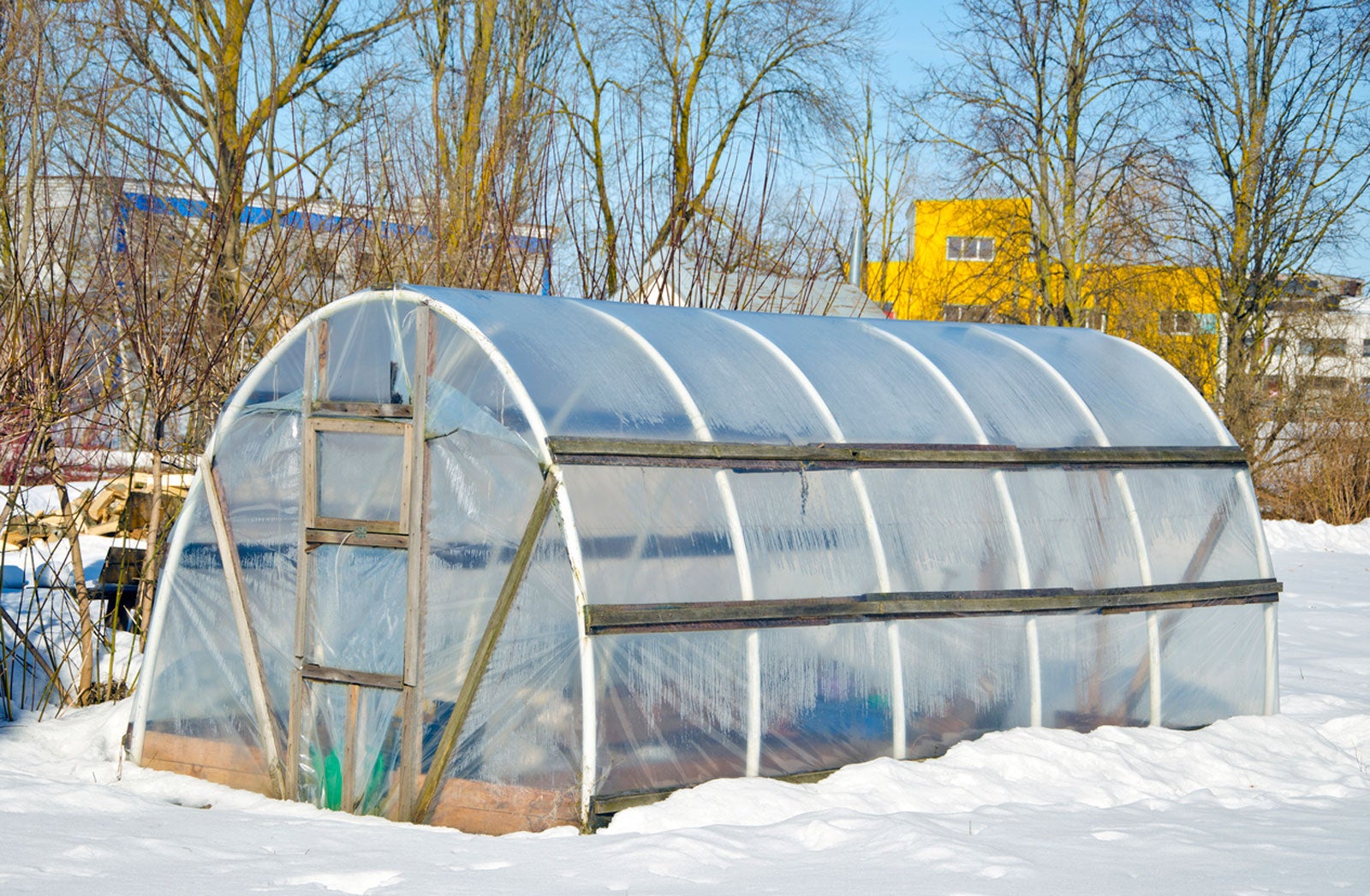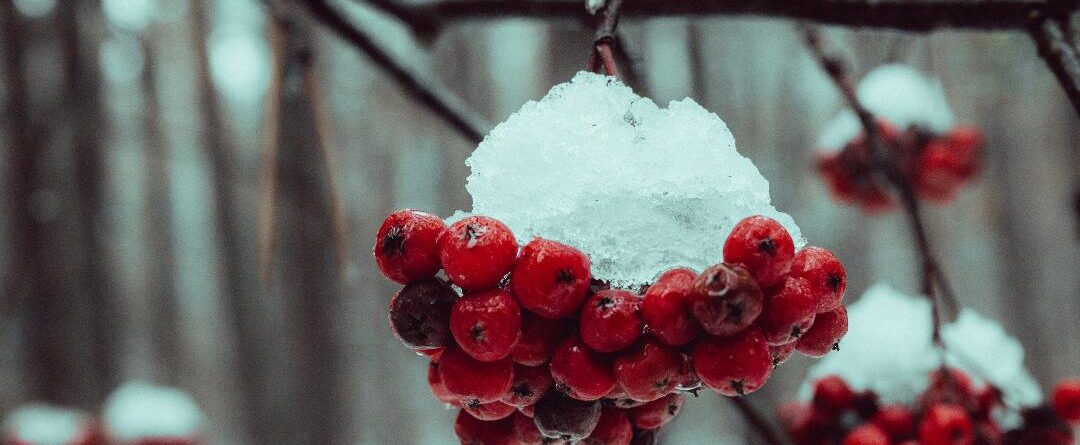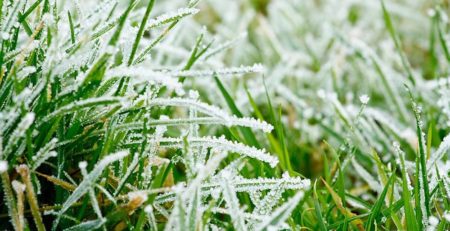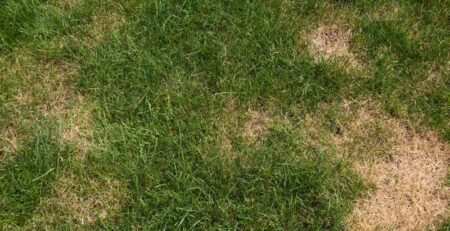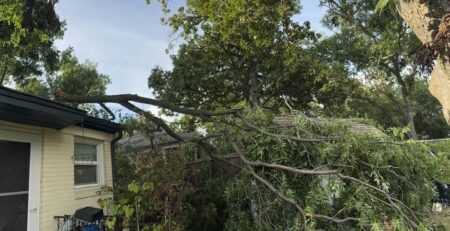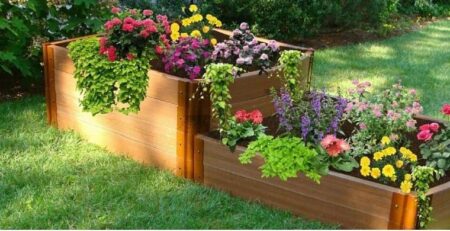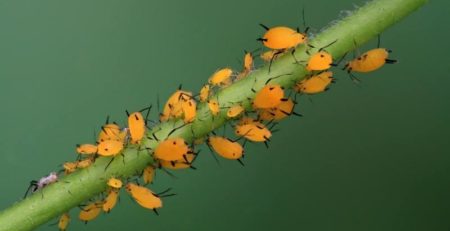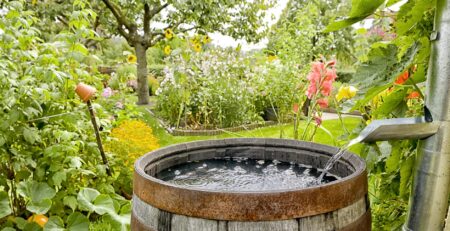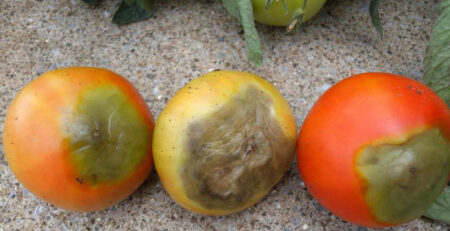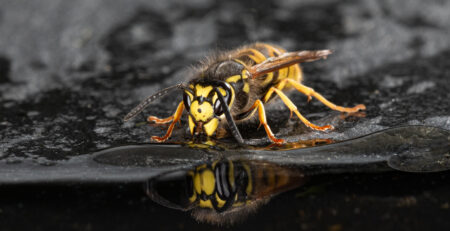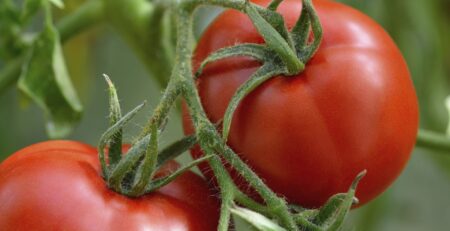Protect Your Plants During the Coming Freeze
It looks likely that the Dallas area will soon experience a series of hard freezes. Unfortunately, we have had unusually warm conditions so far this winter, so many of our plants are a bit unprepared for temperatures in the low 20s. What can you do to protect your plants and improve their chances of thriving after the freeze?
If you have plants in containers that you know are sensitive to cold temperatures, move them to a protected area for the duration of the freezing weather. Inside the house is the safest option, but in some cases a garage may provide sufficient protection even if it isn’t heated. You have to know how sensitive your plants are. If in doubt, move them to an area that will stay well above freezing. Water them well before you move them.
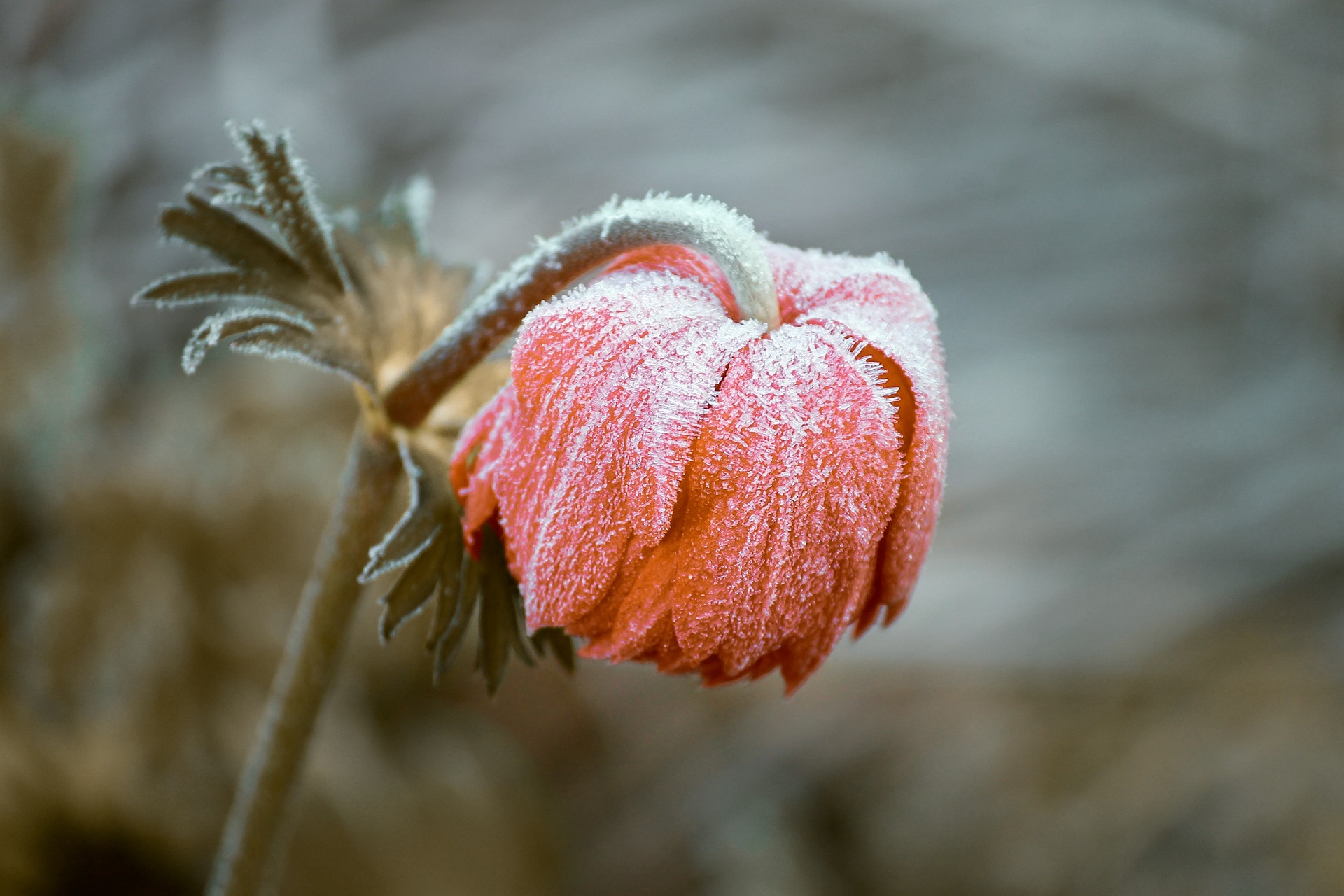
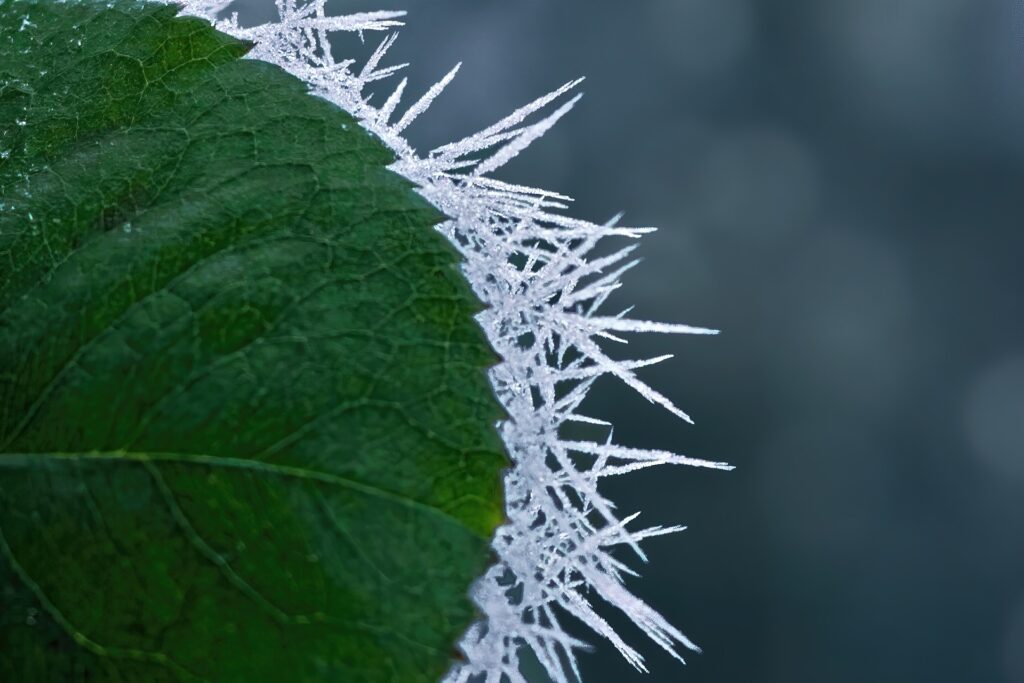
Outdoor plants growing in the ground also need to be watered well. This is the simplest and most effective protection you can employ for many plants. Forecasts say that this cold spell will be preceded by rain on a couple of days, and that’s very good news. Rain or irrigation a few days before a freeze hydrates your plants and improves their freeze resistance. Rain or irrigation just before the freeze helps the soil stay warmer throughout the freeze. Dry soils chill much faster and deeper than damp soils.
Apply 2–4” of mulch over the root zone of your plants. Mulch provides an insulating layer that helps retain heat in the soil. Be sure not to pile mulch against the stems or trunks of your plants because that can hold moisture and promote disease.
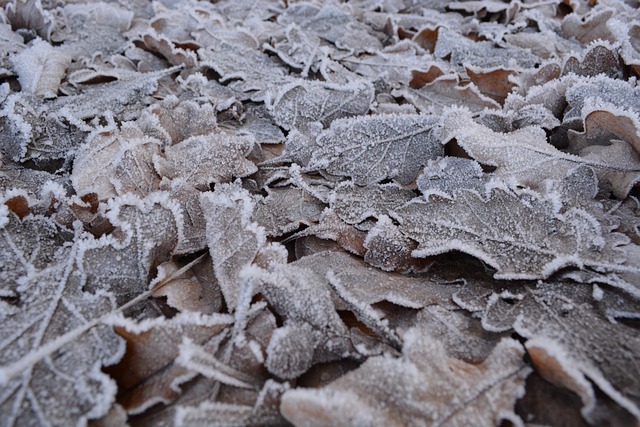
Cover sensitive plants. When you cover a plant, aim to create a tent over it and secure the tent to the soil around the plant. The objective is to trap the heat that rises from the relatively warm soil under the tent to provide a few degrees of protection for the plant.
Covering the plant also reduces the drying effect of cold winds. Weight the cover with boards, rocks, or bricks to hold it in place during windy conditions. Also cover your cold season vegetables to help them survive, bounce back after the freeze, and continue producing.
